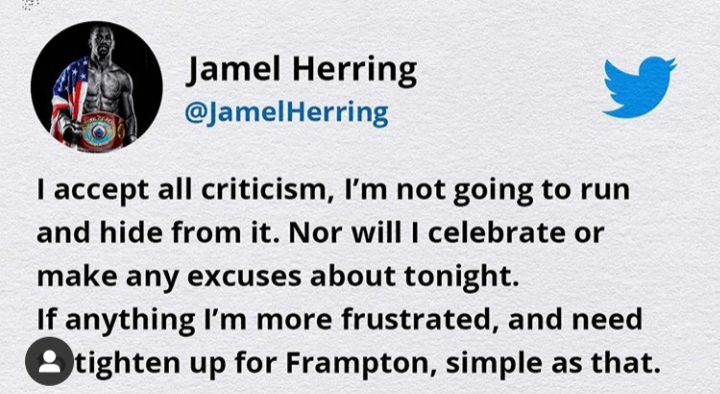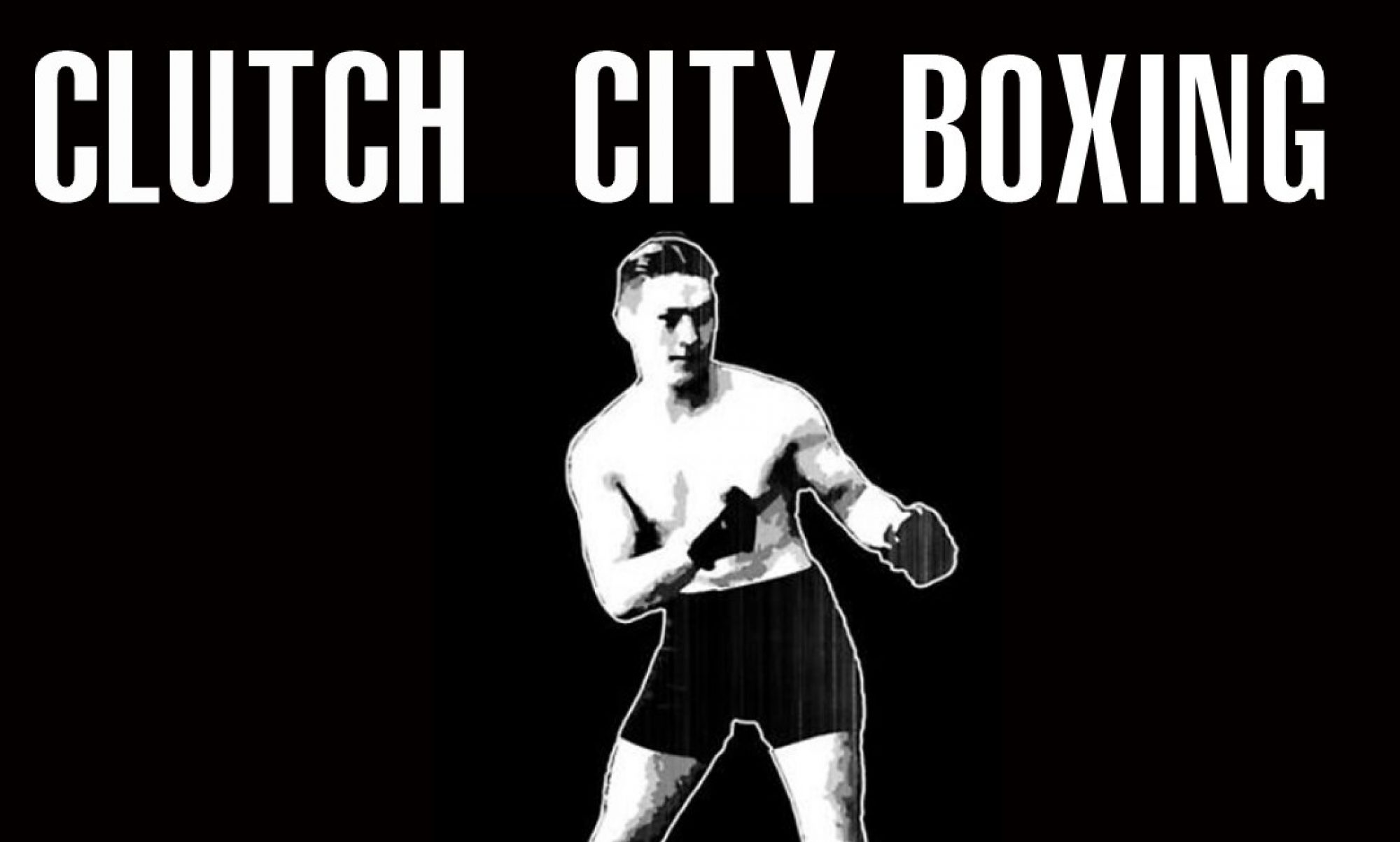Herring vs Oquendo post fight analysis
Saturday night’s WBO junior lightweight title bout between champion Jamel “Semper Fi” Herring and Jonathan Oquendo ended in a way that left many, including the participants disappointed.
Herring got the better of most of the action but wasn’t able to get his game going like he wanted to, before advising his corner that he couldn’t see, which ultimately led to a disqualification win for him, since the headbutt that caused the cut over his eye, was caused by a head-butt that had already been deemed intentional by the referee Tony Weeks.
Oquendo for his part, seemed to understand that he was the less physically talented boxer and did what he came there to do for the most part, make it an ugly, foul filled, boxing/grappling match.
The ending was strange and actually had referee Tony Weeks and a Nevada State Boxing Commissioner discussing how the bout should be ruled since the foul that caused the injury that caused the stoppage, had occurred three rounds before the bout was stopped.
According to the rules that the bout was fought under, the referee made the correct decision in ruling it a disqualification win for Herring, it just seemed like the timing of the stoppage and Herring’s advising of his corner that he couldn’t see, was what left a lot of people confused.
On air commentators Andre Ward and Timothy Bradley insinuated that Herring quit and probably should have fought through his injury to finish the bout, and expressed their disappointment with his decision to advise his corner of his situation, resulting in the end of the bout.
Writers and fans have been giving their opinions on what Herring did, didn’t do, and/or should have done, and have mostly turned their back on Herring, pretty much labeling him a quitter, which is in the opinion of this writer, wrong and unwarranted.
First of all we can’t assume what another person is thinking or why they do things, so until we hear it from Herring himself, we really don’t know why he advised his corner he couldn’t see at the time he did. Maybe he was okay at the time he initially got head-butted, but then as the injury progressed, he wasn’t able to see?
Secondly, Herring probably won every round and wasn’t getting hit with anything significant other than head-butts, so why would he quit?
Herring looked frustrated with the head-butts and grappling of Oquendo but didn’t look to be in any trouble, and definitely wasn’t getting overwhelmed or beaten down by any stretch of the imagination, so to try to spin a narrative that he couldn’t hang, just doesn’t make sense.
We don’t know what was going on in Herring’s mind, but we do know several facts that can’t be disputed:
1. He fought a bout against covid-19 before he even stepped in the ring.
2. The fight had already been rescheduled twice, making Herring’s training camp for Saturday night’s bout his third camp in the last several months, leaving him over-trained, which was evident by him not having his legs under him and not being able to get into a rhythm.
3. Herring is a Marine who survived two combat tours, a former Olympian and a current world champion. Those are hardly the credentials of a quitter.
He also became world champion while battling PTSD on a daily basis, which is something even Andre Ward nor Timothy Bradley are qualified to speak on, even with all their respective in ring credentials.
Herring has already proved himself a champion in the ring and in life.
After he rests, spends time with his family, and lets his injury heal, we’ll see a different fighter against Carl Frampton.


